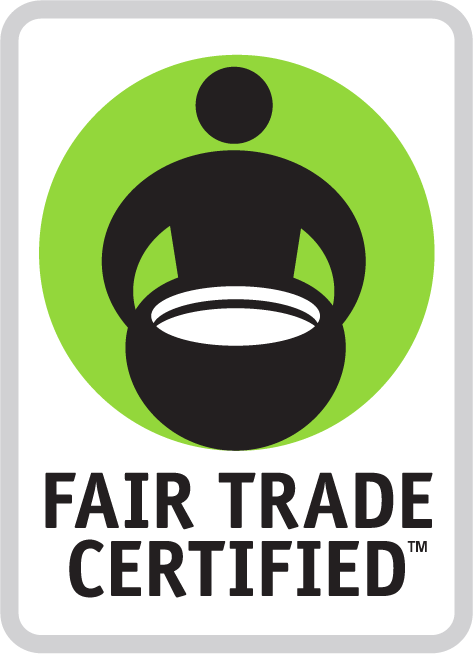In 2021 the Biden administration established the American Rescue Plan Act (ARPA), a Covid relief bill that was directed to communities to cope with financial difficulties during and after the Covid 19 pandemic.
Cuyahoga County received close to a billion dollars including $511 million for the city of Cleveland. Following this, the city asked its residents how the funding should be spent, to which one in five Clevelanders marked "safety and policing" as the most important issue. This fear of crime legitimized the city and wider county to spend a bulk of the ARPA funding on law enforcement and public security, directing it in large parts towards salaries and bonuses for police officers and the recruitment of new personnel. Cleveland alone secured $190 million for policing, with $63 million going into salaries and bonuses, adding up to over $150 million in salaries county wide. Much of this funding comes from the state's Violent Crime Reduction Grant program, a program that before Covid had a budget of $8 million and was supposed to included financing for social crime prevention initiatives.
The second largest investment coming from the security budget was spent on purchasing police equipment, vehicles and hundreds of cameras, adding up to around $14.6 million from Cleveland alone.
Critics state that the narrow spending on violence reduction and crime prevention is not nearly enough to bring actual security to the city's street. Even though the ARPA guidelines include "community violence intervention," these guidelines can be interpreted loosely, leading to Cleveland categorizing police equipment as "community violence intervention.
Cleveland leaders acknowledged that policing alone won't solve the problem of community violence but have also affirmed that shifting money away from police is a difficult task. Cuyahoga County Council representative Richard Starr has supported the use of more ARPA funding to help at-risk kids to get mentors, education and to aquire job skills to prevent them from sliding off into crime, stating that "it starts with them lacking recourses and support." The Greater Cleveland American Rescue Plan Coalition demanded to prioritize housing, behavioral health, broadband access and education for those most affected by the Covid pandemic. The Cleveland Peacemakers Alliance, another social organization, calls for the use of mental health experts as first response to mental health crises and not armed police officers. Cleveland lawmakers approved $5 million of the ARPA funds for a pilot Crisis Intervention Team, enabling them to double the size of their first response social worker force and hiring strategists to oversee the program. Lawmakers also left the door open to "explore opportunities" to a community response that isn't police.
Furthermore, the grassroots coalition Participatory Budgeting Cleveland brought forward a proposal to set aside $30 million of the ARPA funds for the 30.8% of Clevlanders living in poverty, to have a say in the spending of the budget. Mayor Justin Bibb promoted a small amount of $5 million for a Civic Participation Fund that would involve residents' input on spending. Cuyahoga County already set aside $5 million to create a Youth Diversion Center as an alternative, to offer mental health and substance abuse treatment instead of sending kids to juvenile detention centers. The program has yet to launch.


